With the report "Corporate bond market perspective", Vietnam Investment Credit Rating JSC (VIS Rating) pointed out inherent problems of the market and at the same time pointed out core solutions towards sustainable development.
The report reveals an alarming fact: the late 2022-2023 period saw nearly 15% of outstanding bonds facing delays in principal or interest payments. Further analysis shows that the cause does not only come from external factors.
Specifically, nearly 90% of late payments come from the core causes of weak cash flow (67%) and poor liquidity (21%) of the business itself. The capital recovery rate is just under 40%, meaning that many investors have lost more than half of their initial investment, not to mention other opportunity costs.

In response to this situation, legal reforms have been implemented to tighten issuance standards, improve market discipline and require greater accountability from stakeholders. For example, the role of bondholder representatives is required to be more active in monitoring the issuer.
However, VIS Rating warns investors not to expect that new regulations alone can completely eliminate risks. Enforcement mechanisms take time to perfect, and non-transparent organizations can still take advantage of loopholes. Therefore, it is vital for investors to conduct their own due diligence and stay vigilant.
VIS Rating also pointed out the "mispricing" situation in the market, where the returns investors receive are not commensurate with the risks they have to take.
The 2020-2022 period has seen many high-risk organizations, even opaque project investment companies, still being able to issue bonds with interest rates equivalent to financially strong enterprises. As a result, many of these bonds later defaulted, causing huge losses.
According to experts from VIS Rating, the reason for this situation is that Vietnam does not have a culture of using credit ratings – an essential tool for assessing risks in developed markets. VIS Rating data shows that the rate of corporate bonds with credit ratings in Vietnam is almost zero, while this figure in Thailand is over 80%.
VIS Rating believes that strengthening and popularizing the use of credit ratings is a core solution to help investors correctly assess credit risks and demand appropriate levels of return. It promotes discipline and transparency from issuers and helps good businesses reduce capital mobilization costs.
Addressing the credit rating "gap" is considered a prerequisite to strengthen confidence, expand the investor base and support the sustainable development of Vietnam's capital market in the new era.
Source: https://doanhnghiepvn.vn/kinh-te/thi-truong-trai-phieu-ky-nguyen-moi-nhung-rui-ro-cu/20250729085819403


![[Photo] National Assembly Chairman Tran Thanh Man received a delegation of the Social Democratic Party of Germany](https://vphoto.vietnam.vn/thumb/1200x675/vietnam/resource/IMAGE/2025/10/28/1761652150406_ndo_br_cover-3345-jpg.webp)
![[Photo] Hue: Inside the kitchen that donates thousands of meals a day to people in flooded areas](https://vphoto.vietnam.vn/thumb/1200x675/vietnam/resource/IMAGE/2025/10/29/1761738508516_bepcomhue-jpg.webp)


![[Photo] Prime Minister Pham Minh Chinh chaired a meeting to discuss solutions to overcome the consequences of floods in the central provinces.](https://vphoto.vietnam.vn/thumb/1200x675/vietnam/resource/IMAGE/2025/10/29/1761716305524_dsc-7735-jpg.webp)
![[Photo] Flooding on the right side of the gate, entrance to Hue Citadel](https://vphoto.vietnam.vn/thumb/1200x675/vietnam/resource/IMAGE/2025/10/28/1761660788143_ndo_br_gen-h-z7165069467254-74c71c36d0cb396744b678cec80552f0-2-jpg.webp)





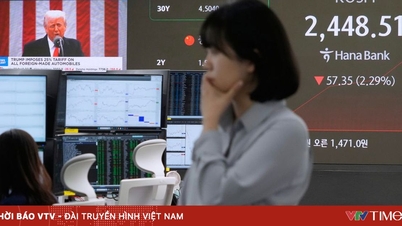







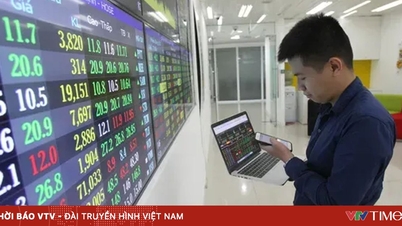
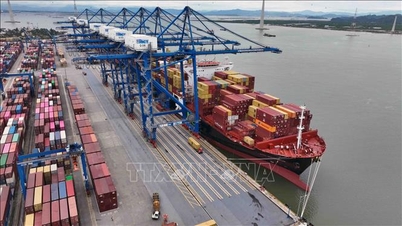






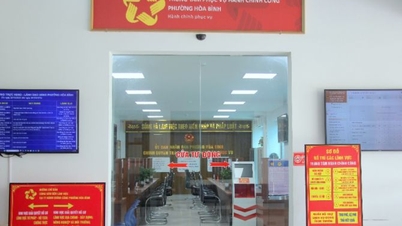

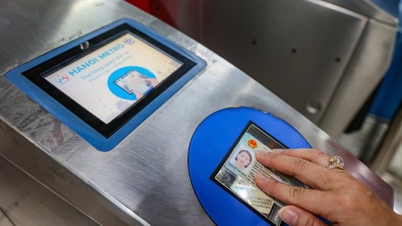






































![[Infographic] Vietnam's socio-economic situation in 5 years 2021-2025: Impressive numbers](https://vphoto.vietnam.vn/thumb/402x226/vietnam/resource/IMAGE/2025/10/29/1761730747150_anh-man-hinh-2025-10-29-luc-16-38-55.png)






































Comment (0)